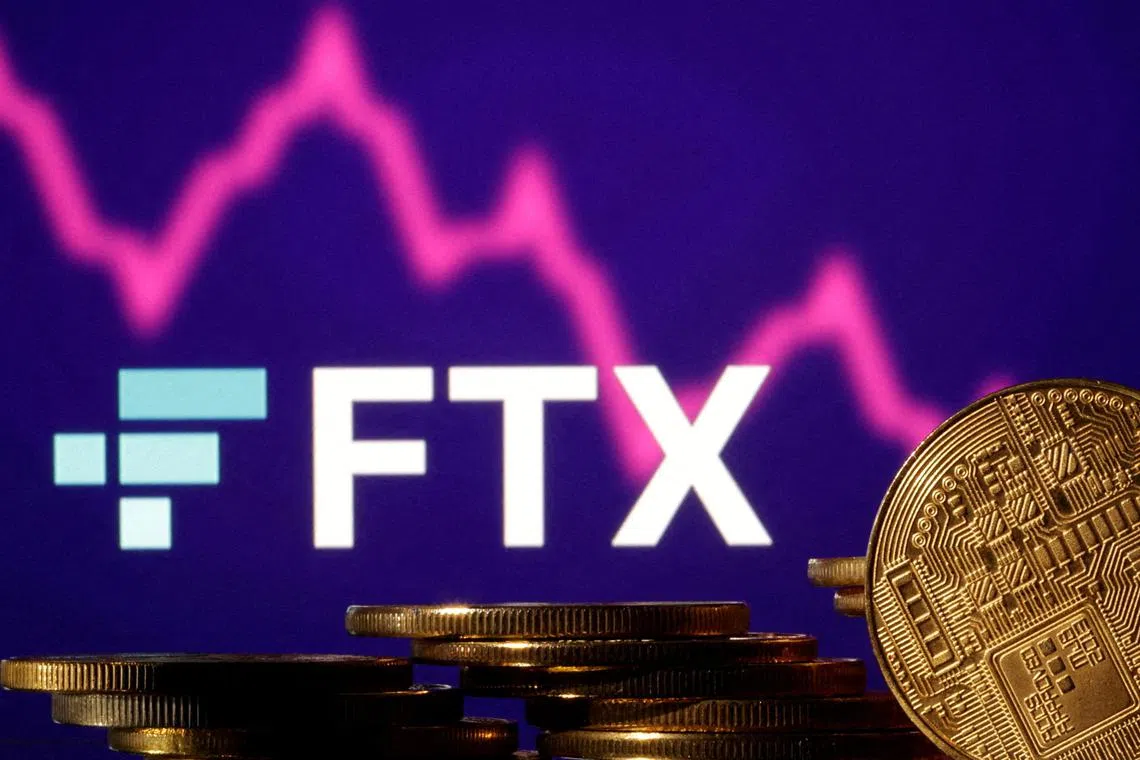FTX customers file class action lawsuit to lay claim to dwindling assets
Sign up now: Get ST's newsletters delivered to your inbox

The proposed class seeks a declaration that traceable customer assets are not FTX property.
PHOTO: REUTERS
WILMINGTON, Delaware – FTX customers filed a class action lawsuit on Tuesday against the failed crypto exchange and its former top executives, including Sam Bankman-Fried, seeking a declaration that the company’s holdings of digital assets belong to customers.
The lawsuit is the latest legal effort to lay claim to the dwindling assets of FTX, which is already feuding with liquidators in the Bahamas and Antigua as well as the bankruptcy estate of BlockFi, another failed crypto company.
FTX pledged to segregate customer accounts but instead allowed them to be misappropriated, and therefore customers should be repaid first, according to the lawsuit filed in the United States Bankruptcy Court in Delaware.
“Customer class members should not have to stand in line along with secured or general unsecured creditors in these bankruptcy proceedings just to share in the diminished estate assets of the FTX Group and Alameda,” said the complaint.
Bahamas-based FTX halted withdrawals in November and filed for bankruptcy
Bankman-Fried faces charges stemming from what a federal prosecutor called a “fraud of epic proportions” that included allegedly using customer funds to support his Alameda Research crypto trading platform.
Bankman-Fried has acknowledged risk-management failures at FTX but said he does not believe he has criminal liability. He has not yet entered a plea and was released on a US$250 million (S$337 million) bond
The proposed customer class, which wants to represent more than a million FTX customers in the US and abroad, seeks a declaration from the court that funds held in FTX US accounts for US customers and in FTX Trading accounts for non-US customers or other traceable customer assets are not FTX property. It also wants the court to find specifically that property held at Alameda that is traceable to customers is not Alameda property, according to the complaint.
If the court determines it is FTX property, then the customers seek a ruling that they have a priority right to repayment over other creditors.
Crypto companies are lightly regulated and often based outside the US, and deposits are not guaranteed as US bank and brokerage deposits are, complicating the question of whether the company or customers own the deposits. REUTERS


